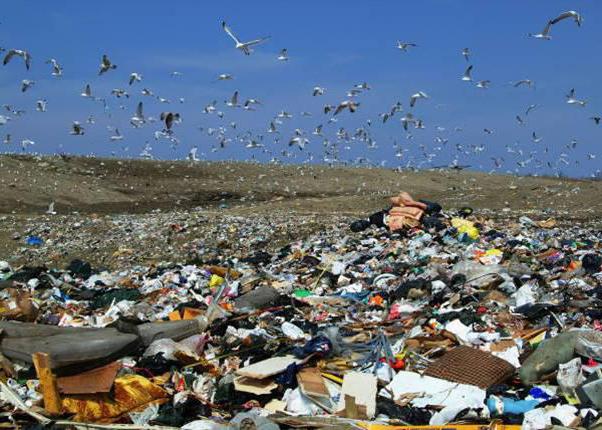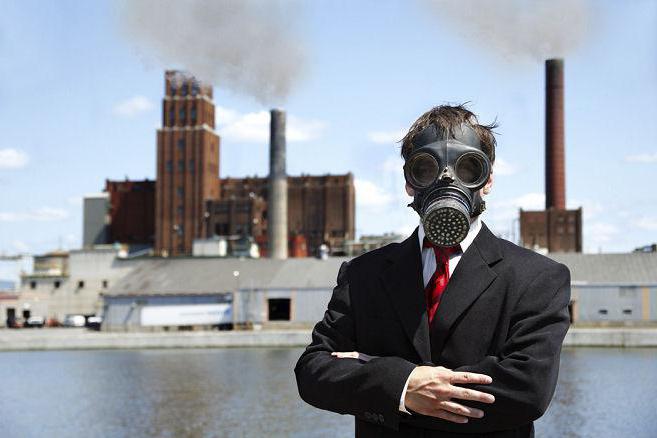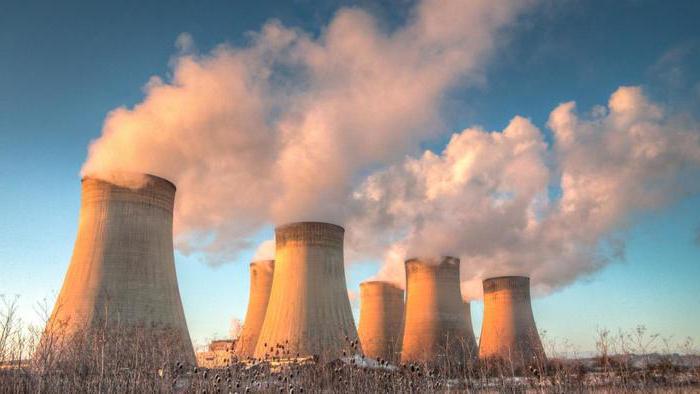In this article we will talk about the right to a favorable environment. We will consider this issue comprehensively, from all sides, and also touch upon legal aspects. The Constitution guarantees a person this right from the moment of his birth.
Introduction
In the environmental human rights section, the right to a healthy environment is key. This right has received legal registration rather recently. It was first proclaimed in the Spanish constitution in 1978, but widespread environmental law came in the early 1990s. It was found mainly in the legal documents of post-socialist countries. This right obliges all legal entities and individuals, as well as government bodies, to use their best efforts to preserve environmental conditions. Russian law supplements this right with a clause that everyone has the right to know about the environmental situation of the place in which he lives. Compensation is also possible if an environmental violation has been committed.
Ecological safety of the population
The right of citizens to a favorable environment implies that a person should have a real opportunity to live in an area that meets not only Russian, but also international standards. In addition, this means the opportunity to participate in environmental decisions, monitor the implementation of decisions, receive timely and accurate environmental information and claim damage in case of violations.
How is environmental safety ensured? Regulation and planning play an important role here, taking measures to improve the quality of the environment and preventing environmentally harmful activities, preventing and eliminating the consequences of disasters, accidents and natural disasters with the help of state and social insurance of the population, creating private and state funds, and organizing affordable medical care. You should also regularly monitor the state of the environment and monitor the implementation of legislation.
Requirements
The protection of rights to a favorable environment should be clearly defined. It is implemented through the development of standards for maximum permissible norms of harmful substances, the choice of methods for their determination. This is approved by all authorized state bodies and sanitary and epidemiological surveillance. Environmental legislation is dynamic, it is adjusted and changed with the development of science and technology. If the requirements for the proper quality of the environment are violated, unauthorized emissions of harmful substances occur or other types of negative impact are carried out, the activities of entities may be suspended, limited or terminated by the Ministry of Environmental Protection and Natural Resources, the Federal Forestry Service or other authorized state bodies.
Ways to protect the public
The right of citizens to a favorable environment is supported by compulsory and voluntary insurance of institutions, organizations, enterprises, citizens, their income and property. This is done in case of a possible natural or environmental disaster, to eliminate the possible consequences.Regional, provincial, local, republican and state funds are united by a single extrabudgetary system - the Federal Environmental Fund. Funds in such funds are formed at the expense of funds received from individuals and legal entities, from payments for the placement and dumping of waste, payments for other types of environmental pollution, funds received from confiscated items for fishing and hunting.
Citizen participation
The right to a favorable environment is reinforced by the broad capabilities of citizens themselves to exercise their freedoms. Citizens can create various foundations or public organizations for the protection of nature. People can voluntarily join or not join such organizations, contribute their money to them, take part in gatherings, decision-making, rallies, marches and referenda. In addition, every citizen, regardless of whether he is a member of an environmental organization or not, can contact the authorized government bodies with letters, petitions to demand consideration of their claims. There is also the right according to which citizens can demand the cancellation of the construction, design, operation of objects polluting the environment, in a judicial or administrative manner. We can talk about bringing to justice individuals or legal entities in the event they violate environmental law. Civilians and officials succumb to civil law, administrative and disciplinary, criminal liability, and institutions, organizations and enterprises - civil and administrative responsibility.
The legal side of the issue
Why the right to a favorable environment belongs to universal values, it is clear from the fact that the main and highest value is human life. But ecology can have both a healing and a detrimental effect on human health, even death. However, this is not the area we are talking about. What about legal regulation? The human right to a favorable environment was first enshrined in the Declaration of Rights and Freedoms of 1991, which was adopted at the Congress of People's Deputies of the USSR. Later, the same right appeared in the 1993 Constitution. The right to life, the definition of which is given in Art. The Russian Constitution is inextricably linked with environmental law, because human life should not be reduced due to the influence of harmful environmental factors. The subjects of environmental law are not only citizens of Russia, but foreign citizens who are on its territory.
Exercise of rights
Why can the right to a favorable environment be realized in different ways? The fact is that citizens can not only demand compliance with environmental laws, but also stop the negative impact on the environment and even bring the violator to justice. Environmental organizations can not only get together and make any decisions, but also promote their program, protect and talk about the rights of other citizens, develop their direction, carry out a number of activities to protect the environment, provide all possible assistance to state authorities, organize events for their account, recommend representatives of their organizations to participate in environmental review, conduct it yourself. In addition, any person or organization may require an additional examination, which takes legal effect after approval by the competent authorities. Moreover, in Art. 13 of the Law on Environmental Protection states that state bodies and authorized persons should provide all kinds of assistance to public organizations and try to satisfy their requirements as much as possible.
Accountability
Ways to protect the right to a favorable environment are reinforced by liability, which is inevitable as a result of a violation of norms. Citizens or their associations have every right to demand appropriate confirmation from the hydrometeorological bodies, providing reliable, complete and timely information. Evasion from the performance of their duties, the provision of unnecessary information or its distortion bears the legislative responsibility.
Punishment
The fine is imposed on citizens, enterprises, organizations and officials in the event that they are related to the late submission of information, its concealment or distortion. Citizens are fined 10 times the minimum wage, and officials - 20 times the minimum wage. If individual citizens, organizations or institutions have injured a person’s health or property through their activities, the damage inflicted must be compensated in full.
The right to a favorable environment is an environmental right that, if violated, must be compensated, which violators very often forget. But it’s worth saying that in any case, the degree of harm is taken into account, thus the state also protects the rights of the violator, who is not obliged to pay huge fines with minimal damage. For example, if a person loses working capacity as a result of the negative impact of the environment, then the degree of its loss is taken into account. In this case, the violator must pay for the restoration and treatment of the person, take on the costs of caring for the patient and compensate him for those professional opportunities that he misses because of the temporary disability. In some cases, the costs associated with the need to change residence, the inability to have children, etc. are additionally compensated. The reason for the compensation is a court decision. The application can be submitted not only by the victim himself, but also by members of his family, authorized bodies or public organizations. If the violator cannot fully compensate for the damage, money is recovered from state environmental funds.
Environment conservation
Each person has the right to a favorable environment, but its preservation requires the controlling and executive bodies to take into account three components, which form the favorable environmental situation:
- components of nature, such as soil, air, flora and fauna, outer space surrounding the earth, which together provide a positive environmental situation;
- the state of natural objects and complexes that are interdependent;
- state of natural and man-made objects.
In order for the environment of the whole world to be favorable, it is important to maintain a balance between these three components.